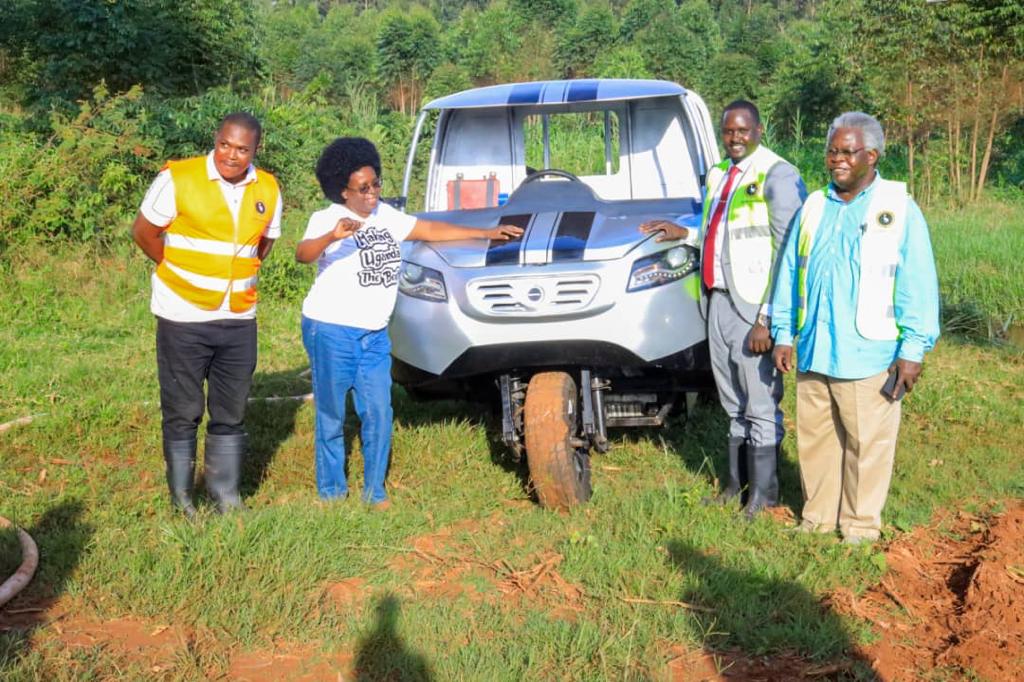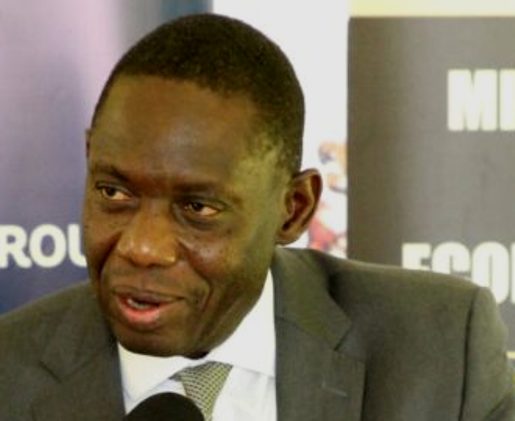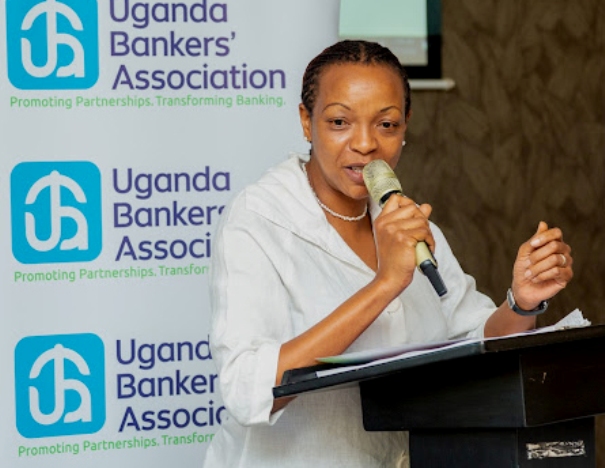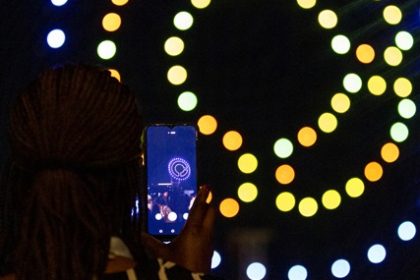Mining Blockchain can unlock Africa’s potential
 Christopher Burke
Christopher Burke
Tarnished by its association with cryptocurrencies in the minds of many people around the world, blockchain is actually a groundbreaking innovation expected to become commonplace in the near future. Blockchain is an extremely secure system to store and manage digital data and information. Initially developed a decade ago to support cryptocurrencies, blockchain technology is now being adopted in a very broad range of sectors from finance and banking through land governance, retail and manufacturing to medical health and military applications.
While little more than a quarter of the people in Africa have internet; access is growing exponentially and the World Bank aims to achieve universal connectivity across the continent by 2030. Almost 66 percent of Africa is currently unbanked and finance is rapidly becoming decentralized across the continent. M-Pesa, Momo and other mobile money solutions are booming. Financial technology outfits referred to as FinTechs are totally reliant on digital communications. Security is critical. Zianah Muddu, the Engagement Partner with Financial Technologies Service Providers Association (FITSPA) Uganda, explained blockchain will build trust and efficiency while increasing access across Africa.
A blockchain database stores data in discrete blocks linked together using highly encrypted messages. New data is entered into blocks and once the block is filled a new block is created and all the blocks are linked together in a chain. The decentralized ledger system has no entrances that can be hacked or points that can expose the entire dataset. Moreover no single entity is in control. Rather all users have collective control and can access, view, record and share transactional data encrypted on a specific blockchain.
The data in a blockchain is immutable–it cannot be changed or adjusted. Fake or erroneous information can be stored on blockchain, but everything entered is permanently recorded and can be traced or audited. The highly encrypted system maintains a high level of data integrity and trust. Blockchain technologies render many existing cyber security features such as anti-malware or spyware, tokens and firewalls obsolete. There is no need for closed or dedicated internet systems as blockchain can be operated very securely on established public networks.
Blockchain is not without challenges and detractors. Suggestions that blockchain is being piloted or used experimentally in Africa are quickly losing ground as the technology becomes increasingly pervasive globally. According to a recent report, the global blockchain market is projected to grow from $4.9 billion in 2021 to over $67 Billion in 2026. Late last year the European Union launched the first version of the European Blockchain Services Infrastructure (EBSI) created in 2018 to strengthen cross border standards for governments, businesses and individuals across Europe and companies such as Medici Land Governance are already implementing large scale projects utilizing blockchain integrated with existing land and record systems in the US. Governments in Ethiopia, Kenya, Mauritius and Nigeria, Rwanda, Sierra Leone and South Africa have established initiatives to support blockchain and the World Bank is piloting the use of blockchain to register land in Ghana.
There are many different blockchain technologies and no standards as yet to ensure interoperability between the different systems and other types of digital systems. Scalability presents challenges. Blockchains require large amounts of data requiring significant speed and bandwidth that remains a challenge across much of Africa. They are highly complex systems and the skills and capacity currently available to implement and maintain complex digital systems is limited across much of Africa raising concerns of dependency and neo-colonialism. In the short to medium term it will most likely require a certain level of external support in the form of propriety arrangements to implement and maintain blockchain systems. This argument is valid for any other technology involving traditional stakeholders and will lose salience as African governments continue to strengthen indigenous technological capacities especially in information technology (IT).
Blockchain will help address many of the challenges faced across Africa relating to human resource and capacity deficits associated with reporting, transparency, accountability, security, trust and corruption presenting opportunities for developing countries to close the gap utilizing a modern cost effective innovation. Improvements in quantum computing will eventually be able to crack blockchain and all current security technologies, but for the foreseeable future blockchain technology is extremely secure, cost effective, inclusive and accessible.
With more than 25 years’ experience working on communications, development, governance and peace in Asia and Africa; Christopher Burke is the managing director of WMC Africa, a communications and advisory agency in Kampala, Uganda.

 Uganda flags off vehicle powered by first home-grown engine
Uganda flags off vehicle powered by first home-grown engine
 IATA lauds India’s Moon mission for minimal disruption to commercial aviation
IATA lauds India’s Moon mission for minimal disruption to commercial aviation
 Bank of Uganda adopting new technologies to regulate e-payments
Bank of Uganda adopting new technologies to regulate e-payments
 Fintech impact to headline 2023 Annual Bankers Conference
Fintech impact to headline 2023 Annual Bankers Conference
 Chipper Cash spreads wings to Rwanda
Chipper Cash spreads wings to Rwanda
 MTN Uganda sees positive momentum continuing into 2023
MTN Uganda sees positive momentum continuing into 2023
